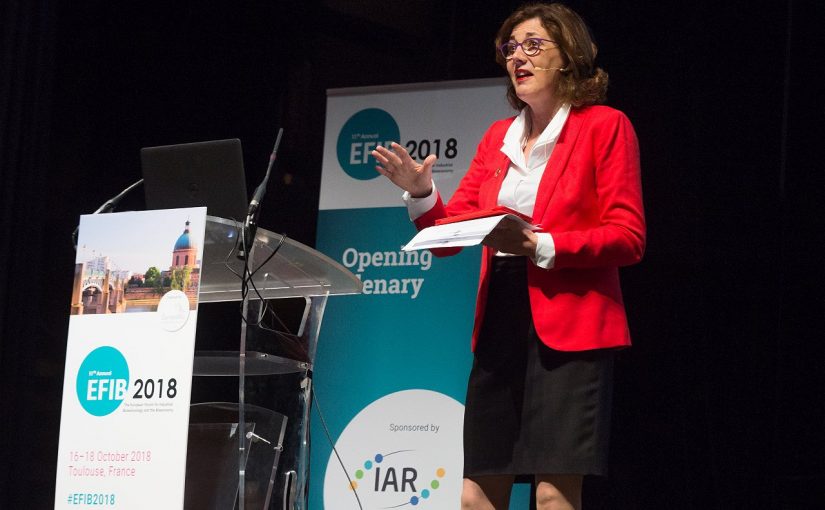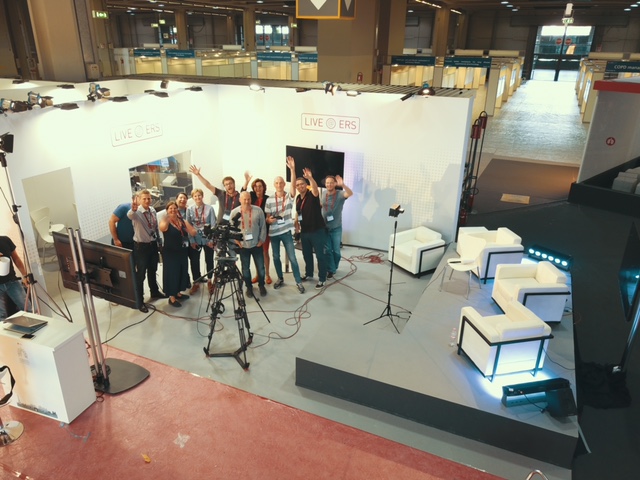As Head of Engagement at Genomics England, one of the things that has been occupying my time of late is the extensive public dialogue on genomic medicine prompted by the Chief Medical Officer’s report ‘Generation Genome’. We published a report on the work on 29th April 2019. It makes compelling reading. But what did it tell us and how does it inform next steps?
Genomic medicine is both like every other sort of medicine and unlike it.
Your genome cannot be analysed or interpreted without comparing it to the genomes (and their associated clinical data) of thousands of other people. So the potential of genomics cannot be realised without the collection, storage and appropriate sharing of vast amounts of information. Without public trust and confidence, these are not possible. Also, genomics brings research and clinical care together in a new way. And its potential benefits depend on a faster pace of learning and degrees of uncertainty and open endedness not seen elsewhere in medicine.
In her 2016 Annual Report, Generation Genome, Chief Medical Officer Dame Sally Davies outlined what these changes might mean for the way the NHS works in the future, and what the obligations and responsibilities of professionals and patients might be. She called for a re-thinking of this social contract and asked Genomics England to develop a public dialogue focusing on consent, the way information is used in the care of patients and their families, and the responsibilities of both professionals and health systems.
Genomics England, the Scottish Genomes Partnership and Sciencewise (part of UKRI) funded the project and commissioned Ipsos Mori to undertake an inclusive and comprehensive public dialogue. The project was guided by an Oversight Group, chaired by Professor Anna Middleton. The full report, A public dialogue on genomic medicine: time for a new social contract? is available on the Genomics England website.
The timing was perfect. Genomics England had recently completed the sequencing of 100,000 genomes and the NHS is beginning the rollout of its Genomic Medicine Service.
So what does the public think? There was both confirmation and surprises.
Of little surprise was that the phrase ‘social contract’ has almost no resonance, despite the understanding of the ‘deal’ with the NHS being clearly understood and often eloquently articulated.
In a nutshell, it is solidarity, reciprocity, and altruism.
The strong feeling is that we’re all in it together, making contributions from taxation so that all can receive NHS services free at the point of delivery equally, regardless of the ability to pay. We accept triaging across the system so that resource is allocated fairly. We understand that we have responsibilities – like turning up for appointments or taking the medicines we’ve been prescribed but expect that we will be offered the most appropriate evidence-based treatments and that there will be no postcode lottery. And we’re altruistic, wanting to benefit others, for instance through blood donation but also by helping future generations where possible.
In this, as in other dialogue, two elements which are part of the NHS, are rarely mentioned by participants – involvement in research and the involvement of companies in developing new medicines and diagnostics. Both are an essential part of realising genomic medicine’s potential.
For genomic medicine, the core values of solidarity, reciprocity, and altruism are essentially the same but with some additions to the current ‘deal’, one major change and some red lines.
In a new genomic NHS future, the line between reciprocity and altruism is no longer distinct. Here you give but you expect something back in the sense of benefits for your family and their descendants. This calls for a policy and practice road map which lays out the role of the genomic medicine service, laying out explicitly issues such as the way ‘data volunteers’ might be rewarded both in the short and long term. A finding which might surprise, given some recent rhetoric, is that whilst genomics is seen as a collective endeavour in which donation is usual, ‘free riders’ (those not donating data but benefiting from the gift of others) should not be censured or denied care. Nor should donation of data be mandatory.
If the public donates their data there is a clear expectation that policymakers design a system in which data is secure. Industry involvement is acceptable provided that there is not disproportional benefit or profiteering, with benefit driven straight back into the NHS system. The public expects a framework to be in place to ensure equitable access for all NHS patients and that longer-term outcomes are beneficial to all.
One major change is envisaged. At present, clinicians only share data with those directly involved in patient care but in genomics, results have implications for other family member and participants want to empower clinicians to make the final decision on disclosing information to them. They recognised that there was a trade-off between complete confidentiality and benefits to themselves and others.
Clear red lines on unacceptable uses of genomic data
- for genetic engineering of humans
- for use in a surveillance society
- for administrative and political use (for instance to deny access to state-funded benefits)
- for predictive insurance tests
- for targeted marketing
The public wants clear assurance that there will be a robust governance framework which assures that these red lines are not crossed. Providing this is the case and with robust safeguards relating to data security and de-identification, they are relaxed about their data being used in health research. Consent is essential but they are pragmatic about some future uses being unknowable.
What does this mean for the future?
This dialogue has some clear messages for future communication. The first and most important is that this is a collective national endeavour which needs us all and benefits us all. This is not in the sense of a service like the organ donor system, but rather as a collective national ‘moonshot’. This narrative should be implemented as soon as possible.
There is a great need for education to ensure genomic literacy amongst NHS professionals. But education for the public should focus on the benefits and the collective endeavour, rather than a narrow understanding of genomic terms.
Participants were excited and enthused by a genomic future. It is important not to over-hype and to transmit the message that genomics will change healthcare in ways that cannot be predicted.
This dialogue demonstrates that even if the term social contract is not understood, its essence is embraced and accepted in people powered genomics.


